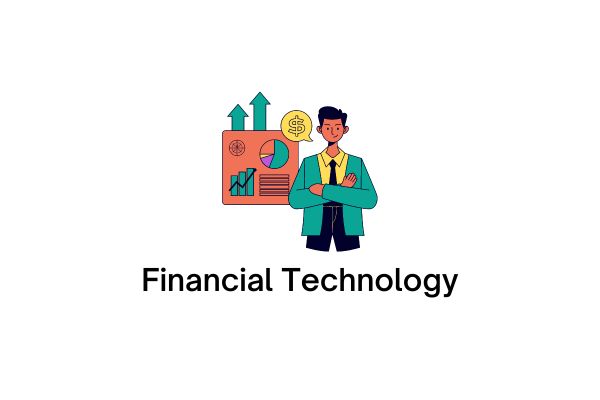With the involvement of technology, many innovations have emerged that further facilitate human interaction. One is the presence of an industry in the financial technology space, better known as fintech.
Definition of financial technology
Fintech or financial technology is an innovation in the field of technology to provide financial convenience, making the process of financial transactions easier, more convenient, and more effective.
Benefits of financial technology
A rapidly evolving technology also offers advantages to its users. Users of this technology, especially in the financial sector, can enjoy various conveniences to conduct transactions more conveniently, easily, and effectively. Here are some of the benefits of fintech, including:
1. Facilitate the process of financial transactions
Essentially, the first advantage of fintech is to offer convenience to its users, making financial transactions easier and faster. Fintech can save you more time, effort, and transportation as you don’t need to go to the bank for transactions.
You simply open the smartphone and connect it to the Internet. Then open the application you need to carry out transactions on demand, starting with transfers between banks, between accounts, buying groceries, paying for electricity, water, and much more.
2. Provide better access to finance
The convenience of transactions mentioned above makes access to finance better and easier for the community. Eventually, those unfamiliar with finance became more literate and could more easily obtain financial assistance for business needs, as well as purchasing primary and tertiary needs.
3. Improving people’s living standards
When people gain easier access to finance, whether for business or other purposes, people’s standard of living will improve. They can use the funds raised as working capital or to purchase consumer and productive goods to improve their well-being.
4. Promoting greater financial inclusion
The definition of financial inclusion is community participation in the economic sector, beginning with purchase and sale transactions, savings and loans, contributions, savings, and others. Fintech technology indirectly becomes a bridge that facilitates the transaction process, thus increasing community involvement in economic transactions.
5. Economic turnover is faster
With the existence of technology in the financial sector or fintech, economic turnover can be faster. Everyone has easy access to transactions without having to go to the bank or queue. Users can conduct transactions at the same time.
This speeds up economic turnover and can be helpful in paying bills, transferring purchases, applying for debt capital, etc.
How fintech works
Perhaps there are still many who are curious about how fintech works. Basically, fintech integrates the management of financial transactions, starting with storage, technology, transfer or distribution of money, borrowing, etc.
The functioning of fintech can be described as quite complex, so there are many service branches. For example, fintech providers of loans for electronic goods receive data from customers who apply for a loan. After completing the data verification process, the needed funds can be withdrawn immediately in a short time.
Funds will be disbursed to electronics stores that have partnered with fintech. The goods are sent directly to the customers according to the order of the fintech. Instead, the customer is charged credit interest for each payment.
Types of financial technology
In fact, there are many types of fintech. For more details, here is an explanation of each type of fintech that is prevalent in society, including:
- Peer-to-peer lending provides borrowing funds both as working capital and to meet needs so customers can get cash faster.
- Crowdfunding is a platform that matches donors with those who need funds, with guaranteed easy and secure transactions.
- E-wallet or digital purse is a place to store electronic money and conduct transactions in applications such as merchant apps, marketplaces, and others.
- Microfinance or payment gateway to authorize payments through online transactions such as PayPal.
- Investing as a tool that helps investors to make investments easily and conveniently through online applications.
- Digital Bank is a bank where all transactions are processed digitally, including registration, wealth management, and more.
Given the many conveniences that fintech offers, it’s no wonder that many are interested in hiring the services of companies in this space. However, as a customer, you should be careful when choosing a fintech company as you are afraid of scams, especially with illegal fintech.
Basically, understanding the meaning of fintech is very simple, because the principle is to make transactions easier for customers. You can use Fintech according to your needs because it is undeniable that convenience like this is needed in the digital age.
